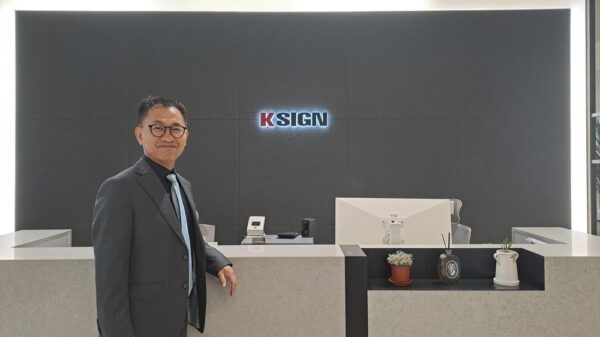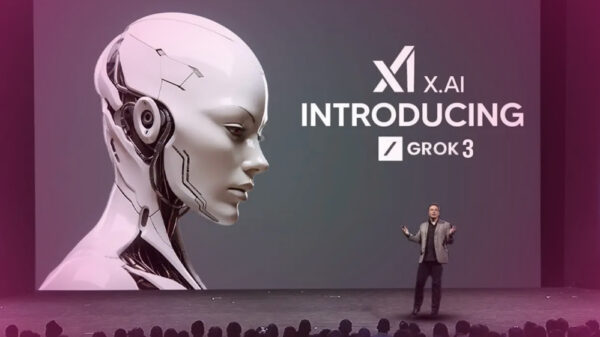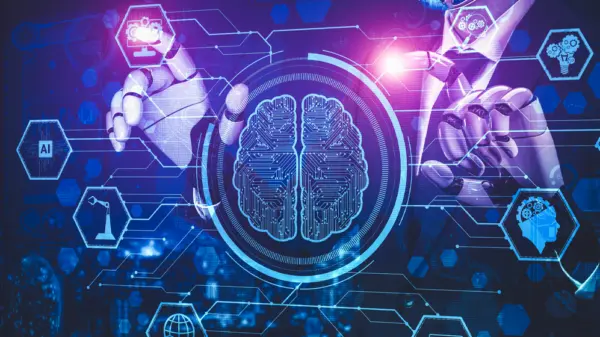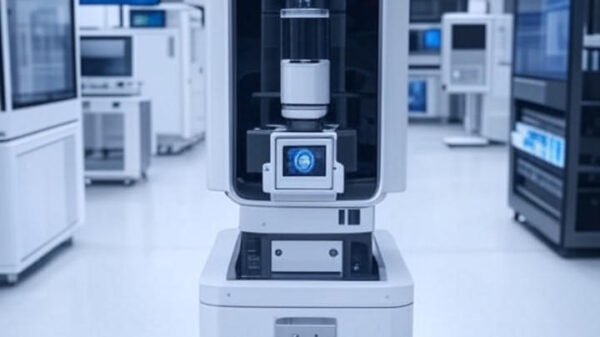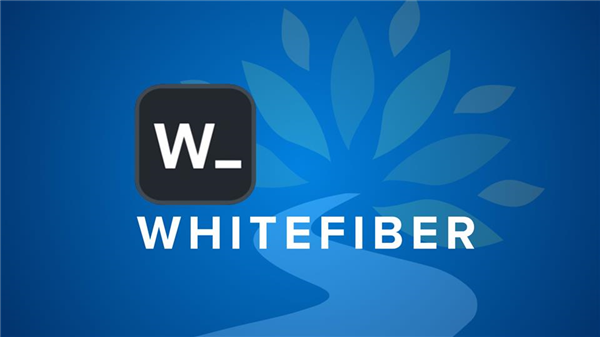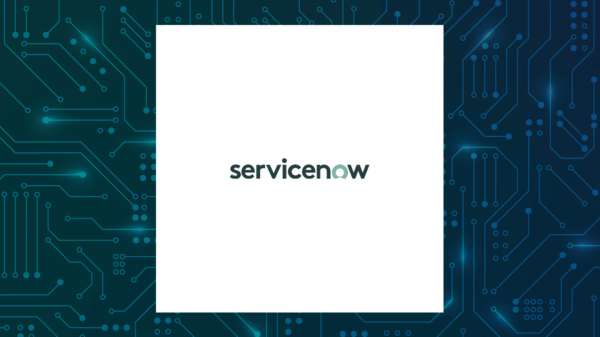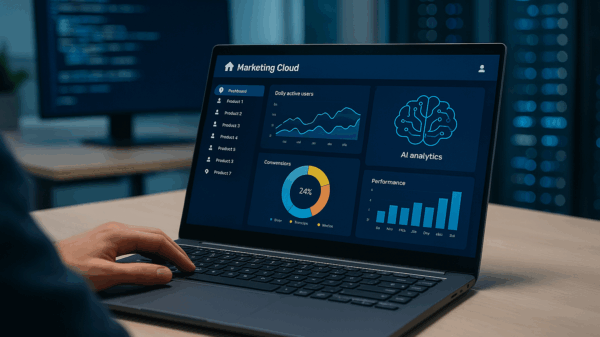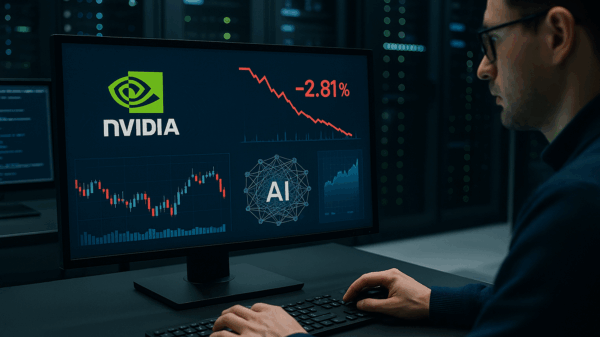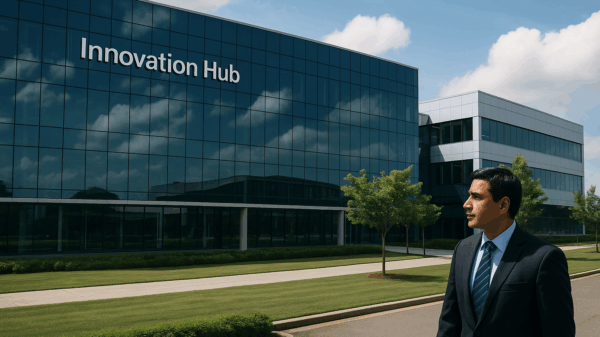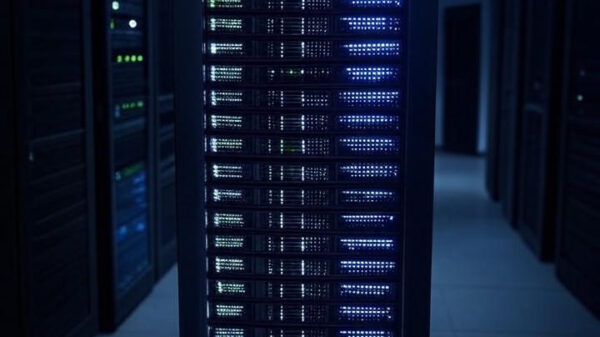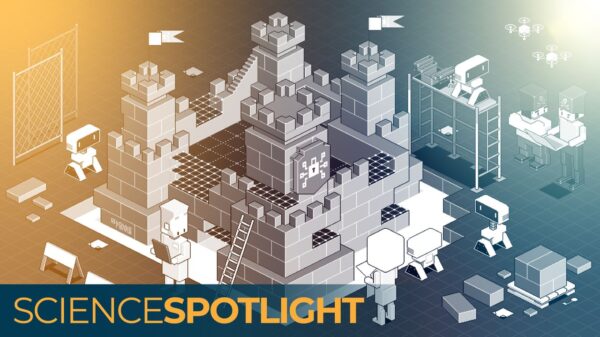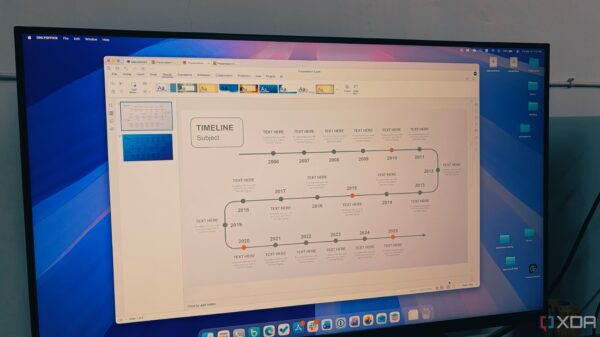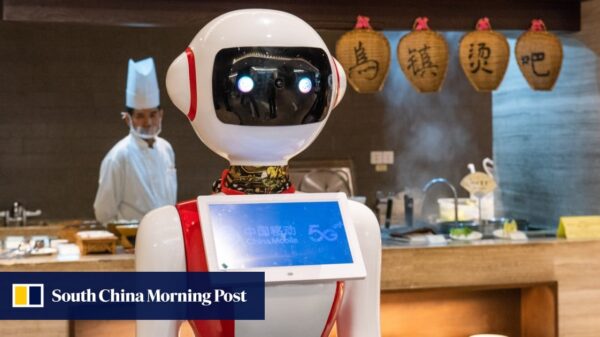A recent survey conducted in March 2024 reveals significant insights into public perceptions regarding the potential impact of artificial intelligence (AI) on the job market. Respondents were randomly assigned to various groups, with three groups reading vignettes that forecasted job-threatening AI could emerge in the years 2026, 2030, or 2060. A control group received no timeline information, allowing researchers to measure the effects of these forecasts on attitudes toward automation.
The vignettes presented by the researchers discussed predictions from experts about how advancements in machine learning and robotics might lead to the automation of numerous professions, including software engineers, legal clerks, teachers, and nurses. Following this exposure, participants were prompted to estimate when their own jobs and others’ jobs might be automated. They were also asked to express their confidence in these predictions, assess their anxiety regarding job loss, and indicate their support for various policy responses. These included suggestions for limiting automation and increasing funding for AI research.
While all participants showed heightened awareness of automation risks when presented with any timeline, only those exposed to the 2060 forecast exhibited significantly increased concern about potential job loss. The researchers suggest that this might be attributed to the perception that a forecasted disruption a few decades away feels more credible compared to predictions of imminent change.
Public Sentiment and Policymaking Implications
This study, which appears in The Journal of Politics, emerges at a time when discussions about the effects of large language models and generative systems on the workforce are intensifying. Tech leaders assert that human-level AI could potentially emerge within the next decade, while skeptics argue that such forecasts often overstate the current capabilities of AI technologies.
See also McGill University Health Centre CEO Discusses AI Risks and Tech Adoption Strategies
McGill University Health Centre CEO Discusses AI Risks and Tech Adoption StrategiesResearchers Menon and Zhang highlighted that the findings suggest the public exhibits caution rather than panic regarding automation. This insight is crucial for policymakers striving to understand when and how to implement interventions such as retraining programs or proposals for universal basic income, aiming to mitigate the effects of AI-induced labor disruptions.
However, the authors also noted several caveats in their research design. Primarily, the focus was on how timeline cues influenced participant attitudes, without exploring other psychological factors such as beliefs about the economic trade-offs of AI or the credibility of expert forecasts. Furthermore, they acknowledged that the survey does not account for how individual perceptions of automation may change over time.
“The public’s expectations about automation appear remarkably stable,” they stated. “Understanding why they are so resistant to change is crucial for anticipating how societies will navigate the labor disruptions of the AI era.”
This research underscores the importance of comprehending public sentiment as the AI landscape continues to evolve. As AI technologies advance and become more integrated into various sectors, the need for informed policy responses will be vital in ensuring that societal transitions remain smooth and equitable. With the potential for significant job displacement looming, the balance between innovation and workforce stability will be a critical challenge for governments and industry leaders alike.


